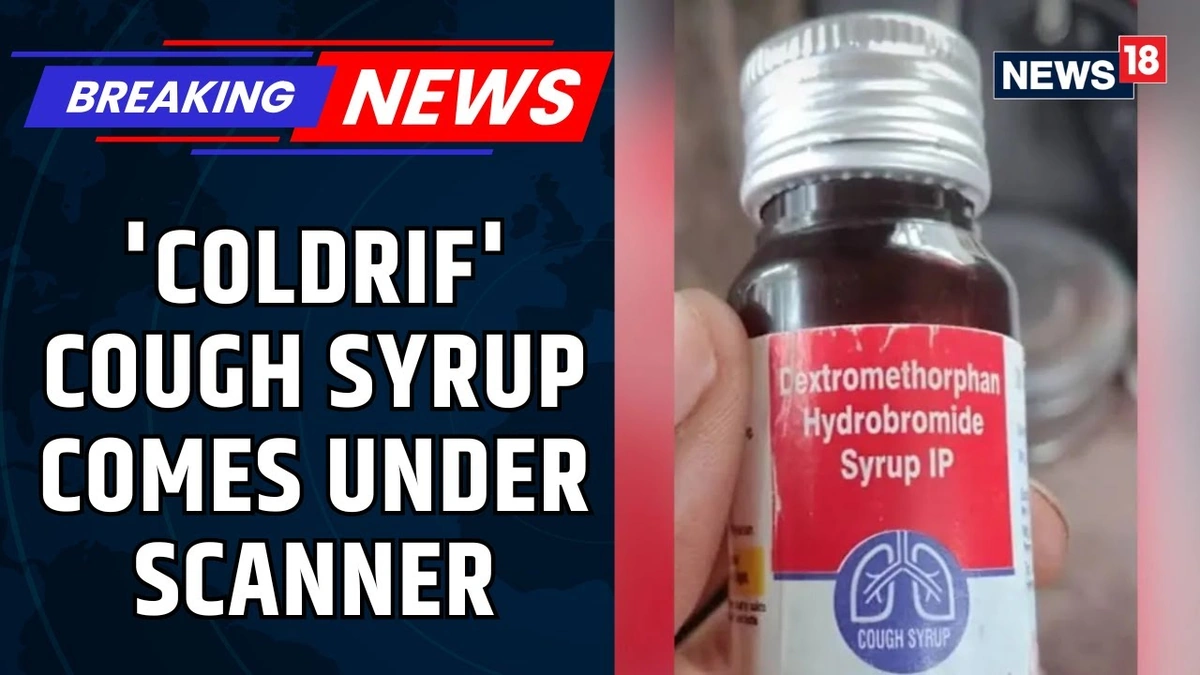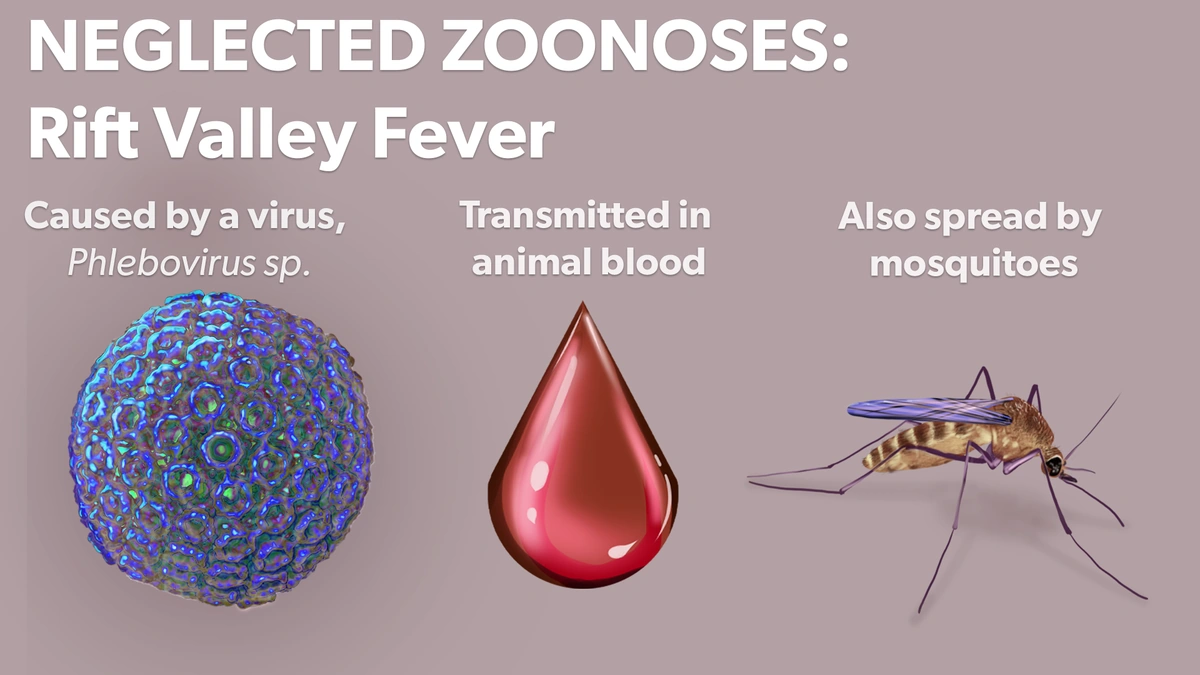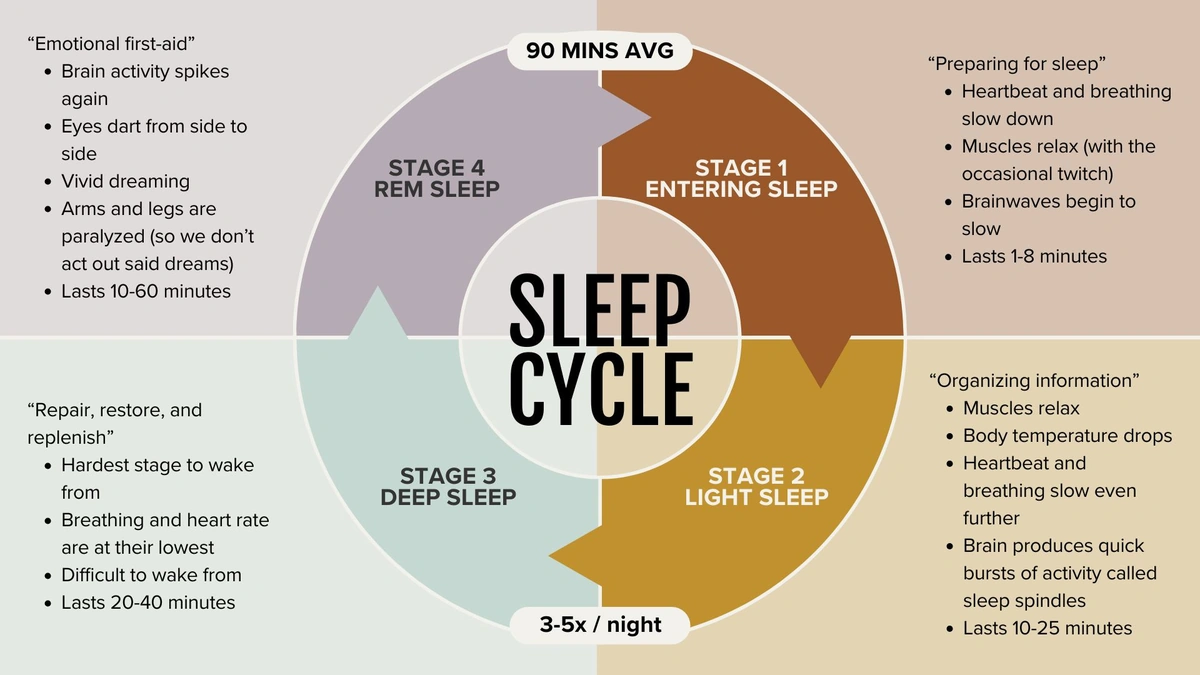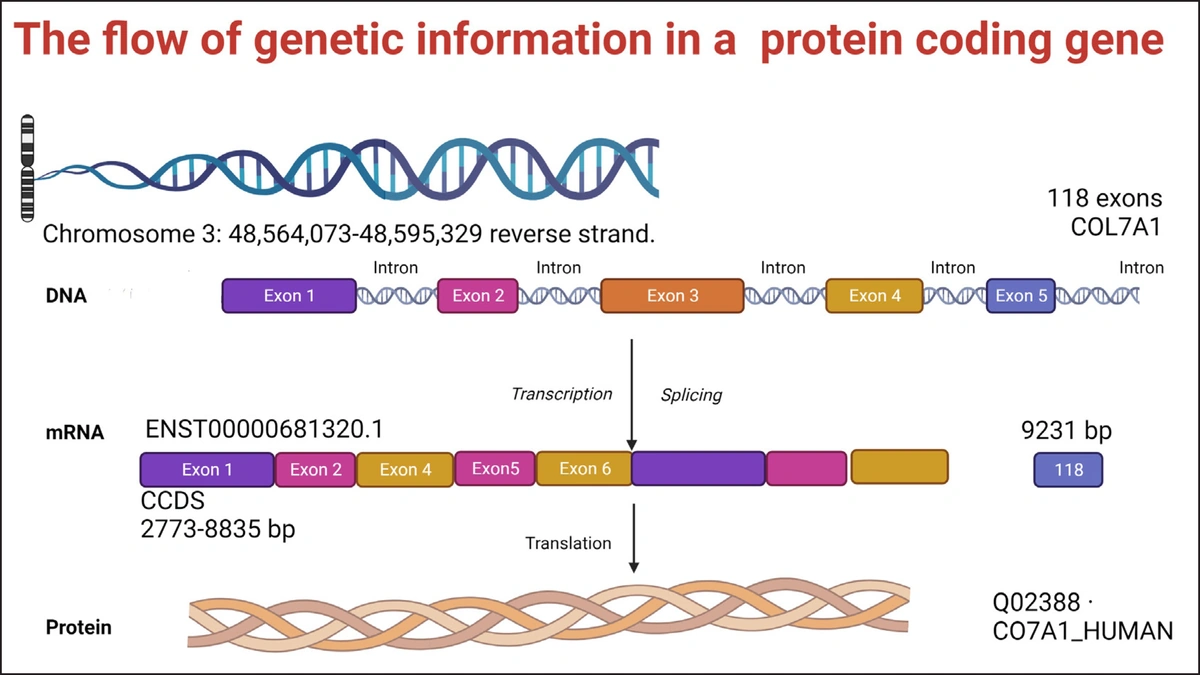Cough Syrup Warning | Not Safe for Children Under 5 Due to Dosing Risks
Let’s be honest, that title probably made you do a double-take. Cough syrup – something we reach for without a second thought when our little ones are sniffling and congested – suddenly has a big, flashing warning sign. What’s going on? Why now? And more importantly, how do you keep your child safe? That’s the real question, isn’t it? It’s not just about following instructions; it’s about understanding why those instructions exist in the first place.
The “Why” | Unpacking the Dosing Danger
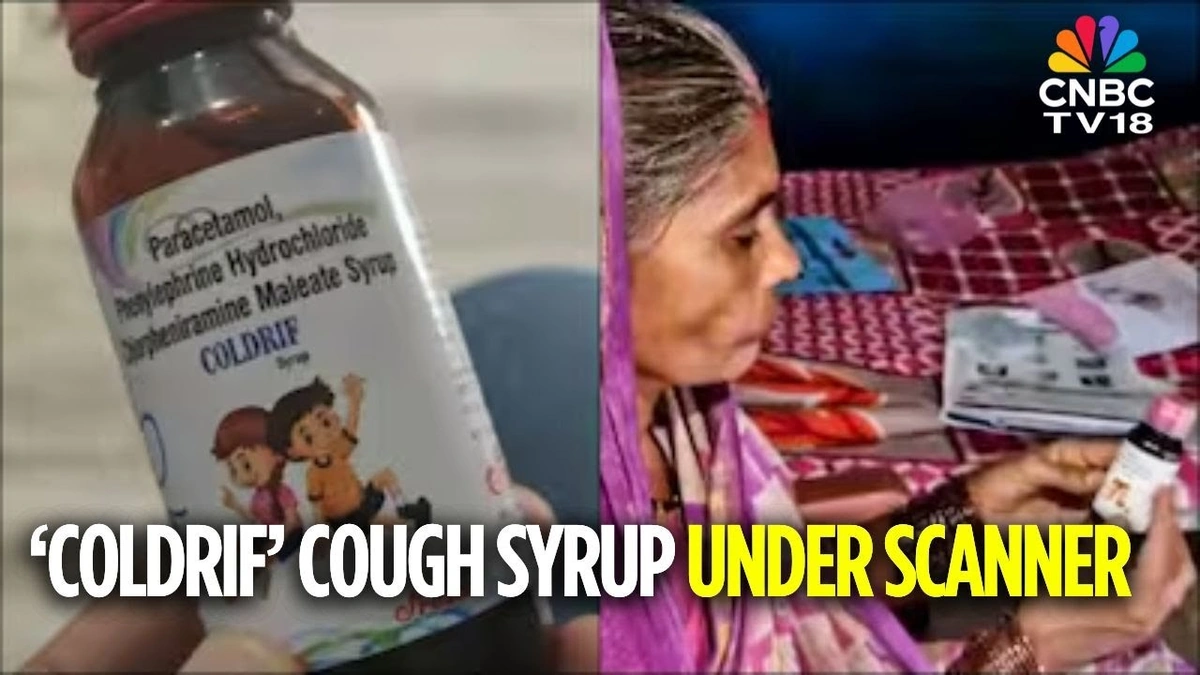
Here’s the thing: it’s not like cough syrups are suddenly laced with something sinister. The issue, as the warning clearly states, is the risk of improper dosing, particularly for children under five. But why is that age bracket so vulnerable? The answer lies in their tiny bodies. Their organs are still developing, making them far more susceptible to the side effects of even seemingly small amounts of medication. Children’s medication is a sensitive topic and needs to be administered carefully. Think of it like this: an adult taking a double dose might feel drowsy; a toddler taking the same relative overdose could face serious health consequences.
What fascinates me is how easily these errors can happen. We’re tired, our kids are screaming, and we just want some peace and quiet so we grab the bottle and give it to them. But there are different types of pediatric cough medications that need to be considered. That’s when mistakes creep in. Different formulations have different concentrations, and the measuring devices we use (those little cups or droppers) aren’t always accurate. Sometimes we simply don’t read the labels properly!
Decoding the Label | Your First Line of Defense
So, what can you do? Let’s get practical. The first and most crucial step is becoming a label-reading ninja. I know, I know, it sounds incredibly boring, but trust me, it’s the easiest way to protect your child. Pay close attention to the following:
- Active Ingredients: Know what you’re giving. Are there multiple active ingredients addressing different symptoms? Could you use a simpler medication?
- Concentration: This is where mistakes happen most often. Make sure you understand the concentration of the medication – how much of the active ingredient is in each milliliter or teaspoon.
- Dosage Instructions: These are not suggestions; they are guidelines based on your child’s weight and age. Don’t guess; measure carefully.
- Measuring Device: Only use the measuring device that comes with the medication. Kitchen spoons are wildly inaccurate.
Speaking of accuracy, a common mistake I see people make is estimating measurements. Don’t do it! Invest in a good quality, accurate medicine dropper or syringe with clear markings. It’s a small price to pay for peace of mind. And this is something I’ve personally experienced with my children when they were younger. Using the correct measuring device is so important.
When to Say No | Alternative Remedies & Expert Advice
But sometimes, the best medicine is…no medicine at all. I initially thought this was straightforward, but then I realized the power of alternative remedies. For mild coughs, especially those caused by a simple cold, home remedies can often be just as effective, and far safer, than over-the-counter cough medicine . Think about it – humidifiers, saline nasal drops, honey (for children over one year old), and plenty of fluids can work wonders. Remember to consult with your doctor or pharmacist if you are unsure about which cough syrup is right for your child. These are good cough syrup alternatives .
And that brings me to my next point: never hesitate to seek professional advice. If you’re concerned about your child’s cough, talk to your doctor. They can help you determine the cause of the cough and recommend the most appropriate treatment, whether it’s medication or simply supportive care. Do not use expired cough syrup . It may no longer be effective and could even be harmful. Know the brands that have been recalled.
Here’s where my expertise comes in: I’ve seen countless parents struggle with this. The anxiety is real, especially when you’re dealing with a sick child. But knowledge is power. The more you understand about safe medication practices , the better equipped you’ll be to make informed decisions and protect your little ones.
Navigating the Market | Choosing Wisely
Navigating the pharmacy shelves can feel like navigating a minefield. So many brands, so many formulations! How do you choose? First, stick to reputable brands that you trust. Second, always check the expiration date – expired medication is a no-no. Third, and this is crucial, be wary of combination products that promise to treat multiple symptoms. Often, they contain ingredients that your child doesn’t need, increasing the risk of side effects.
Let me rephrase that for clarity: Less is often more. If your child has a cough, but no fever or runny nose, you don’t need a multi-symptom cold and cough syrup. A simple cough suppressant or expectorant may be all that’s necessary. Always choose the medication that targets the specific symptoms your child is experiencing. Look for children’s cough remedies . Be aware of the latest health scares.
The Emotional Angle | It’s Okay to Feel Overwhelmed
That moment of panic when your child is coughing uncontrollably and you’re reaching for something, anything, to help them. We’ve all been there. Let’s be honest: parenting is hard. We want to do what’s best for our kids, but sometimes we feel overwhelmed and unsure. It’s okay to feel that way. It’s okay to ask for help. It’s okay to double-check, triple-check, and then ask again. Your child’s health is worth it.
But, remember, you’re not alone. Every parent faces these challenges. The key is to stay informed, stay vigilant, and trust your instincts. You know your child best. If something doesn’t feel right, don’t hesitate to seek professional advice. Because when it comes to your child’s health, there’s no such thing as being too careful.
FAQ | Your Cough Syrup Questions Answered
What if I accidentally gave my child too much cough syrup?
Call your doctor or local poison control center immediately. Do not wait for symptoms to appear.
Can I use adult cough syrup for my child if I adjust the dose?
Absolutely not! Adult cough syrup formulations are different and can be dangerous for children.
What are some safe home remedies for cough in young children?
Humidifiers, saline nasal drops, and plenty of fluids are generally safe and effective.
How long should a cough last before I see a doctor?
If the cough is accompanied by fever, difficulty breathing, or other concerning symptoms, see a doctor immediately. Otherwise, if it persists for more than a week, consult your doctor.
Is it okay to give my child cough syrup before bedtime?
Some cough syrups can cause drowsiness, which may be helpful for sleep. However, always follow dosage instructions carefully.
Ultimately, the conversation about cough syrups is a conversation about vigilance, about informed decision-making, and about trusting your gut as a parent. It’s about acknowledging the potential risks and taking proactive steps to mitigate them. It’s about understanding that sometimes, the simplest solutions – a humidifier, a loving hug, a watchful eye – are the most powerful. So, breathe deep, read those labels, and remember: you’ve got this.
